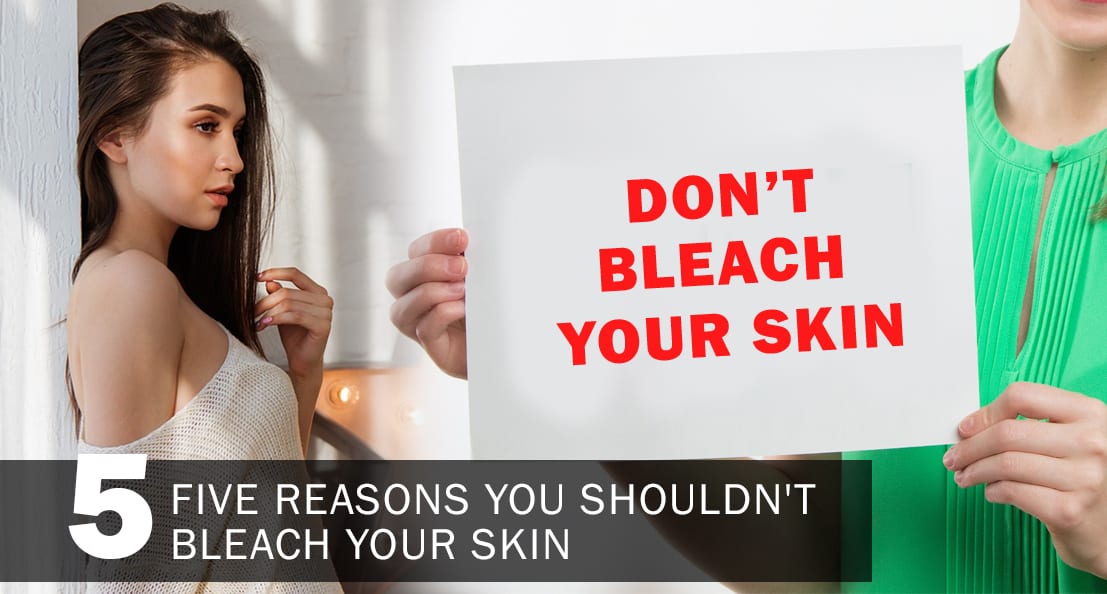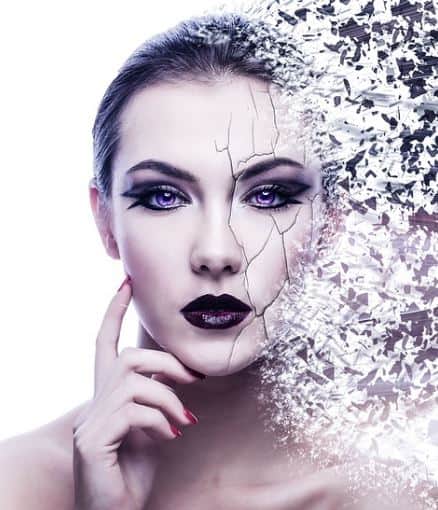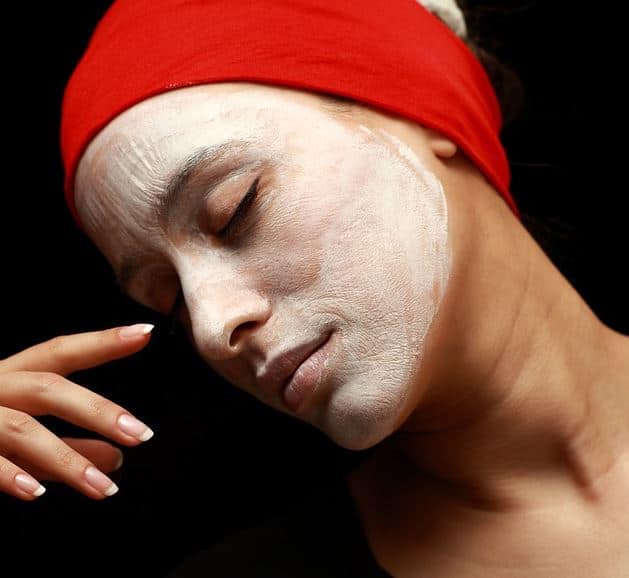
The phenomenon of skin whitening is not a new one. It goes back many centuries in both Asia and Europe. In medieval times white skin was an elitist must-have as it proved beyond a doubt that you weren’t one of the so-called lower classes who had to toil in the fields. And the whiter, the better. Of course, the ceruse paste medieval women used to achieve their vase-like complexions contained gobs of lead-white which, over time, lead to all types of odious health conditions like hearing loss, seizures (the ladies were said to become “hysterical”), vomiting, fatigue, infertility and high blood pressure. The ladies of the day were also encouraged to use mercury on their faces as it was said to make the skin soft and supple. What they didn’t know was that the mercury was also going to cause vision problems, balance problems, hearing loss, tremors, insomnia and much more.
You may be interested in:
– Product Review: Amaira Intimate Lightening Serum
– Male Anal Bleaching: Whiter Skin For Men
– Vaginal Bleaching Creams
Genital Lightening for Women
– At-Home Anal Bleaching: Your DIY Blueprint
Ignorance is Not Bliss. In Fact, it Can Kill You
So why are we telling you this? Because whitening has returned with a vengeance and many of the same issues that befell ladies of the Elizabethan court are now befalling women in Mombasa, Delhi, Bangkok, and Beijing. Below we’re going to take a look at the top 5 reasons you should just say “no” to bleaching your skin.
-

- Early Aging – Skin whiteners “work” by blocking the production of melanin. But melanin, as we touched on above, is central to the body’s ability to protect itself from environmental dangers like UV light. When the skin is deprived of melanin and instead saturated by the blocking compounds in the whitener, the skin can become blotchy and physically rough to the touch. In addition, another frequently used ingredient in skin whiteners is hydroquinone. Hydroquinone is known to disrupt collagen fibers in the skin, which in turn leads to accelerated decrepitude (otherwise known as early or premature aging) wrinkles and a spotty, dried out appearance.

- Mercury poisoning – Recently, public health officials in various countries conducting random tests on whitening products discovered to their horror that some actually contained non-organic mercury in potentially hazardous quantities. It’s believed the mercury was introduced on purpose to help give these products an edge over the competition. Instead what’s happened is that perhaps millions of women have been exposed to the many dangers of mercury poisoning which, as we outlined above, include vision and coordination problems, hearing loss, tremors and more.

Bonus Round: A Couple of More Reason Why You Shouldn’t Bleach Your Skin

- Psychiatric problems – People who repeatedly expose themselves to the dangerous chemicals in whitening creams run the risk of developing a slew of psychiatric disorders that can have negative cascading effects on their entire life. In addition, they can fall victim to chronic confusion and irritability, indecisiveness, depression, mood swings, hostility and more.
In Conclusion: Why is Bleaching So Popular?

- Racism – While we don’t have time to do a comprehensive expose on the subject the fact is that in many African countries as well as places like Jamaica and Haiti women are taught through media messages both subtle and overt that having dark skin will hold them back financially, professionally and romantically.

If skin cancer, mood disorders, organ failure and vision problems excite you, then you’ll want to try bleaching. If, however, the notion of robust health and loving and respecting yourself for who you are appeals to you, you’ll want to take a pass on these regressive and dangerous products.
